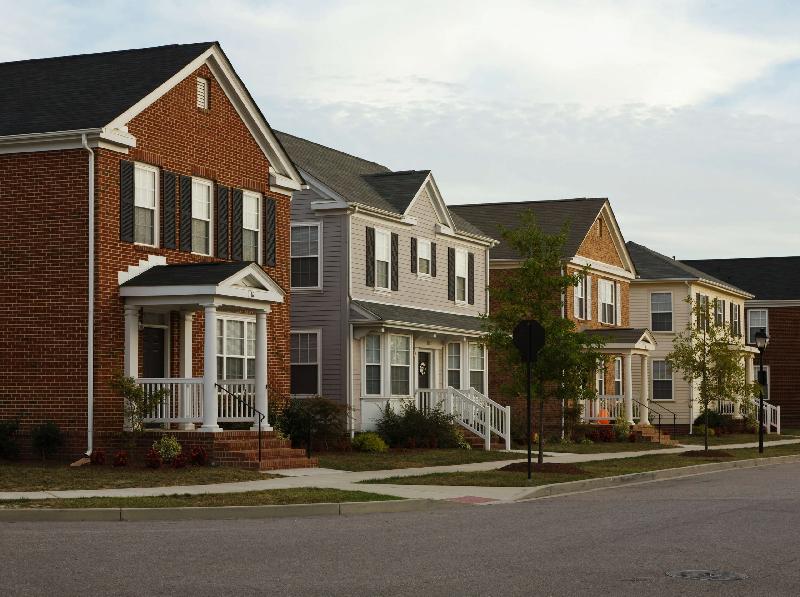Amid the ongoing housing shortage across the country, major Wall Street companies such as banks and large real estate firms are actively purchasing single-family rentals to increase their overall share of the housing market.
According to the Daily Caller, Lawrence Yun, chief economist with the National Association of Realtors, detailed the scheme that he says will put such corporations on track to owning 40 percent of single-family rentals by the year 2030. Although such a shortage would generally limit potential growth for such giants, Yun said that it nevertheless presents them with a chance to strengthen their hold on the market.
“We need to build more homes,” said Yun. “Otherwise, institutional investors with deep pockets can corner the single-family rentals market.”
As of August of 2022, major financial institutions owned around 700,000 single-family rentals, accounting for about 5 percent of the 14 million overall units that exist in the United States. The trend has been ongoing since 2012, when the federal government first allowed big banks to purchase such properties that were foreclosed by Fannie Mae.
Yun says that such a scheme is a viable opportunity for these companies due to “rising rent, easy to find tenants and rising property values.” Meanwhile, the average American family has been struggling to buy homes as a result of rising mortgage rates and home prices.
One example is Home Partners of America (HPA), a subsidiary of the investment bank Blackstone, which purchases homes and then rents them out to tenants who may eventually be eligible to buy the home for themselves. Last fall, HPA announced a pause on home purchases in at least 38 regional markets due to several economic factors.
“Home Partners’ platform enables access to single family homes for people who would otherwise be locked out of the market,” said an HPA spokesman. “Our unique business model enables people to choose a home they love and provides transparent pricing and flexibility at every stage of the process.”
Even after the pause, which accounted for 5 percent of all acquisitions activity in the country at the time, HPA still owned at least 26,000 units as of August. And the company still intends to pursue purchases in at least 20 markets that have been identified as “high-growth.”
“It’s almost a captive market,” said Jordan Ash, housing director for the Private Equity Stakeholder Project. “They’ve been very explicit about how people are shut out of the homebuying market and are going to be perpetual renters.”
via amgreatness

